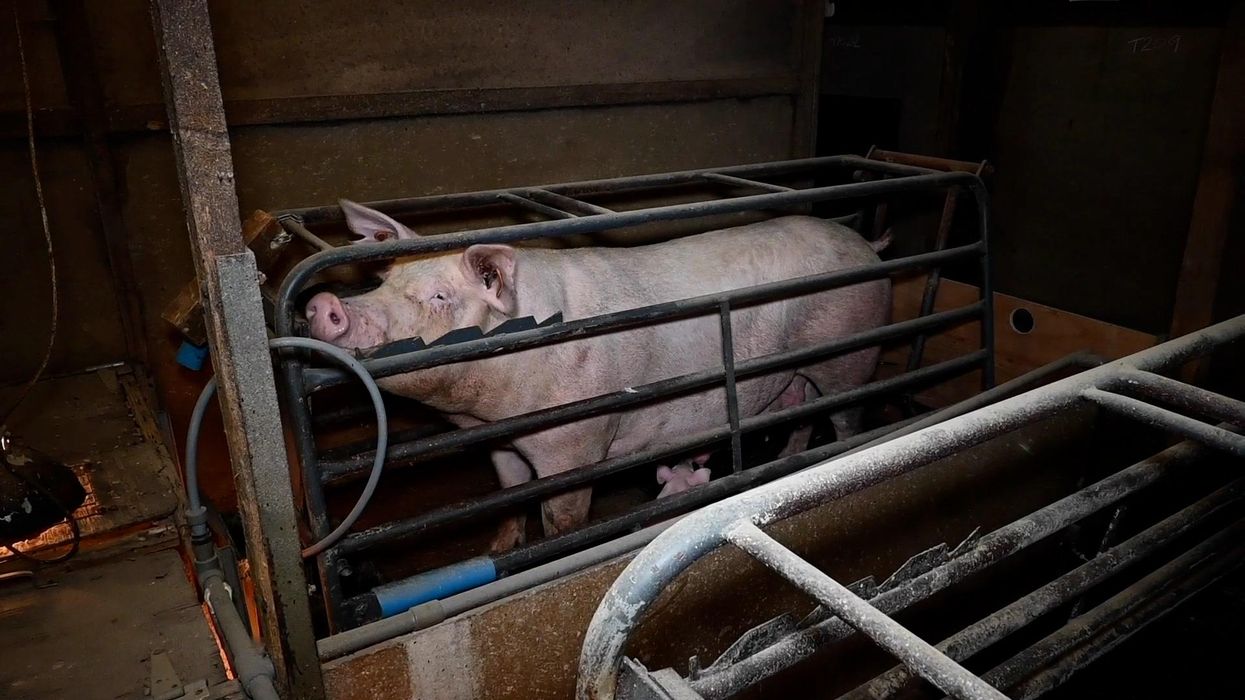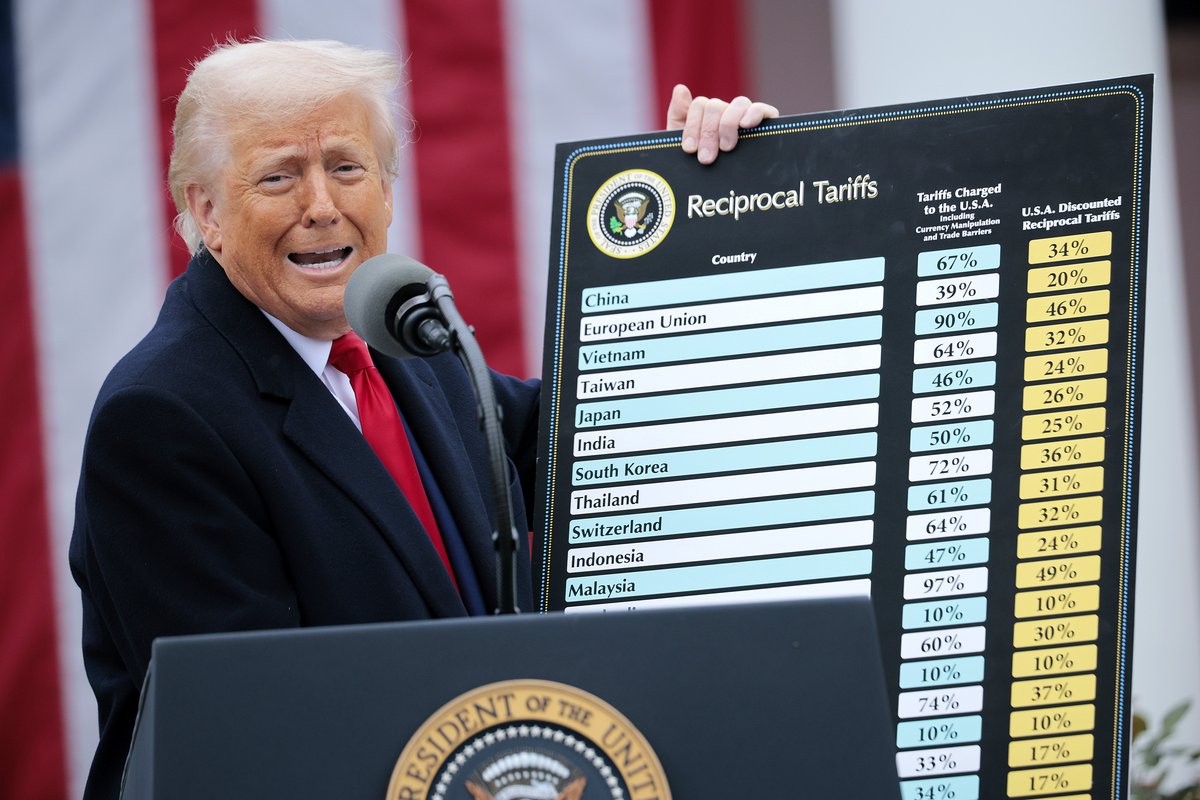Lifestyle
Breanna Robinson
Nov 04, 2022
Pigs kept in cages so small they cannot turn round on UK …
Video
Dr Michael Plant, a philosopher at Oxford University, said that it’s ethical for meat eaters to die due to the suffering they cause to animals.
Plant, whose expertise is centred around happiness, does happen to eat meat but said certain moral philosophies indicate why it makes sense for people like himself to die.
In Plant’s ideologies, which are shared with the Journal of Controversial Ideas, his stance is focused on two common beliefs: the duty of humans to save one another and the problem with eating meat.
When it comes to the viewpoint of saving one another, he said it is a must, even if it comes at little cost.
An example of this is messing up your clothes and shoes to save someone from drowning.
Sign upto our free Indy100 weekly newsletter
The other stance is why eating meat is wrong, given the cramped and filthy conditions that animals face in factory farms.
Plant further explained that those who live by the second belief are morally in an interesting position if they stumble across others who eat meat drowning in a pool or pond and that letting them die is not the worst.
“I argue that, if meat eating is wrong on animal suffering grounds then once we consider how much suffering might occur, it starts to seem plausible that saving strangers would be the greater evil than not rescuing them and is, therefore, not required after all,” Plant explained in the Journal of Controversial Ideas.
Plant also acknowledged that some people might argue that it’s justifiable to save a meat eater’s life if they successfully become vegetarian at the time of their rescue.
Elsewhere, Plant concluded his ideology by sharing that there is a “deep and underappreciated tension” between the views of saving people’s lives and not consuming food from factory farms.
“If we have those animal welfare concerns, then when we account for them, it reduces and may remove, the obligation to rescue others. I consider this surprising and disturbing,” he said.
Have your say in our news democracy. Click the upvote icon at the top of the page to help raise this article through the indy100 rankings.
Top 100
The Conversation (0)














